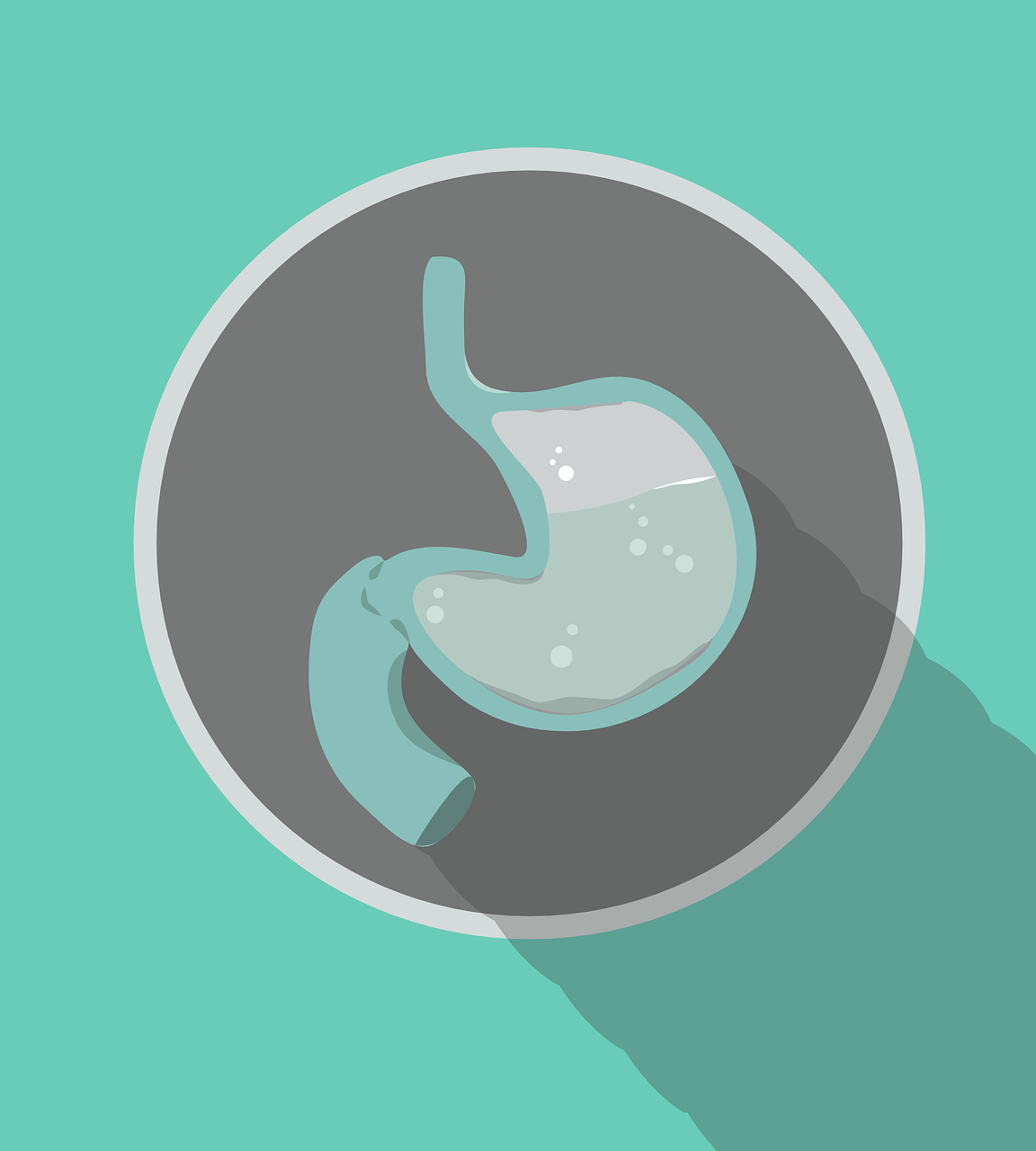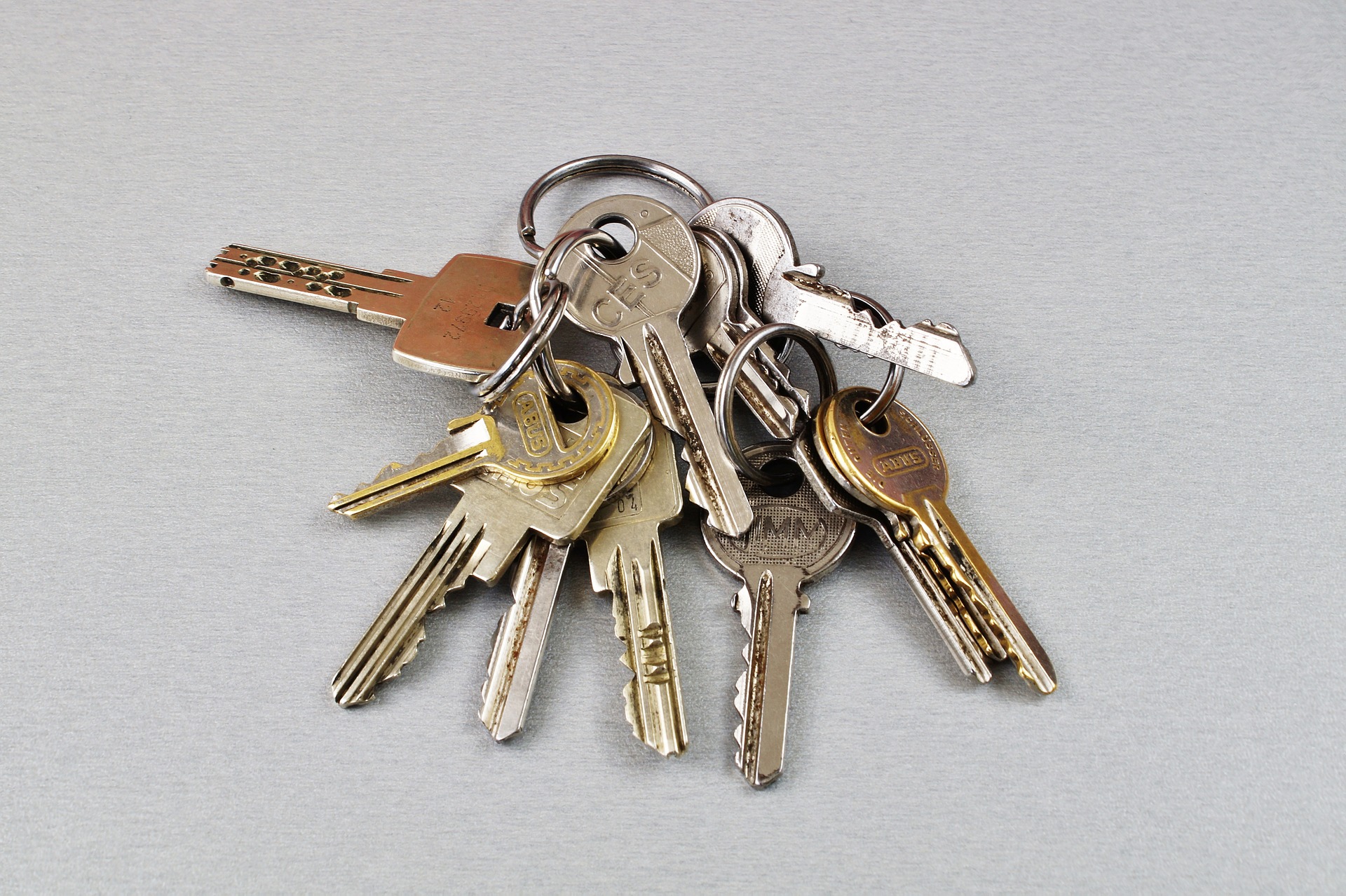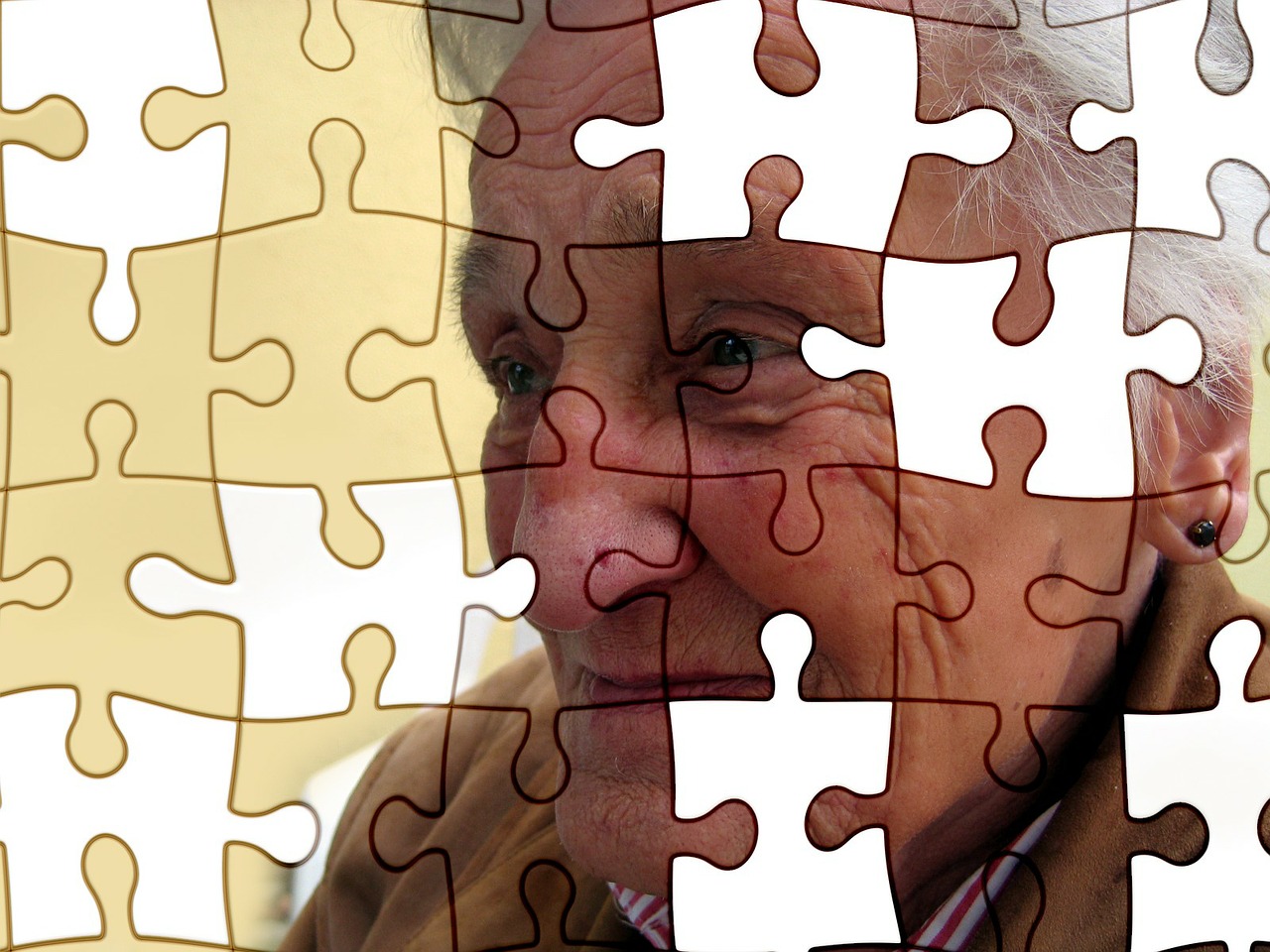Changes in Self-Care, Personal Hygiene and Grooming
By Meredith Kimple
Our elderly parents start to wear the same outfit for three days in a row.
We may notice that their hair is unusually messy, that there is always food stuck in their teeth, or that they have started to smell. Our senior loved ones’ hygiene, or lack thereof, is of great concern to us, especially if they were typically well groomed in the past. We may feel embarrassed for them, or worry that their dignity will be compromised if they live in a state of uncleanliness, and these fears are certainly valid.
However, if our senior loved ones suddenly stop taking care of themselves, we need to examine the underlying causes for this change. While shifts in self-care practices are often par-for-the-course as a person ages, this does not mean we should take them lightly.
Why do many older people have poor hygiene?
There are a number of reasons, but we’ll look at three of the primary problems:
- Physical Challenges
Tasks that were once easy have become difficult and dangerous due to age-related physical limitations. Your senior loved one may not be as steady on their feet, so getting out of a bathtub or shower, while wet, could lead to slipping and falling. They may have trouble brushing their teeth, flossing, and doing the laundry; their solution might be to simply ignore these activities until they are absolutely necessary. Whether self-care tasks are physically difficult or daunting for our older relatives, their hygiene suffers for it.
- Cognitive Impairment
Seniors who have Alzheimer’s disease or dementia often forget to bathe or perform other basic self-care tasks. They may not remember how to take a shower, and certain parts of the process can be confusing or terrifying. They may believe that they have already performed that part of their routine, even if they haven’t.
- Psychological Changes
Depression can destroy a person’s motivation to practice self-care and other hygiene-related tasks. Elderly depression is often overlooked and underestimated, but it is not at all uncommon, as seniors are forced to adjust to many difficult changes and events. Grooming activities may also be an area in which our older loved ones attempt to exercise control; they might feel powerless or frustrated by a recent lack of independence, and as a result, neglect cleaning as a form of rebellion.
We must first identify which of these factors are impacting our senior loved ones’ ability to perform essential hygiene tasks; each of the aforementioned issues requires a different approach.
If an older person finds bathing physically difficult, there are tools to help make the process easier and less strenuous. A shower chair is an excellent option for seniors who have trouble standing for long periods of time or who have a poor sense of balance; installing railings in the bathroom can also lessen their risk of falling. A hand-held showerhead and a loofah on a stick can help them clean areas that would otherwise be too hard to reach due to their mobility constraints. Modifications like these will allow them to retain independence for as long as possible, but eventually they may need assistance with bathing and other hygiene-related tasks.
Cognitive impairments often prevent older people from properly taking care of themselves; those who have dementia or Alzheimer’s disease may require the involvement of others to ensure that they are practicing good hygiene. Establishing a routine is very important, but that alone is not always enough. Those suffering from cognitive impairments may not know how to bathe, or the process may terrify them to the point that they neglect it entirely; if you are their primary caregiver, you may need to assist them with these tasks. Though it can be difficult, creating a comfortable environment and responding to their needs will help to reduce their anxieties and give them a sense of security.
If you are concerned that your senior loved one has stopped practicing self-care because of depression, express your concerns to their regular physician, who will know how best to proceed. Depression is by no means uncommon among the elderly; many feel isolated and overwhelmed by the difficult and painful changes that age brings. Helping them get involved in activities or taking them on regular outings may improve their mood and give them a reason to practice good hygiene; however, depression is not something people can simply “get over.” Therapy and medication can go a long way towards helping older individuals manage their depression, but it often remains a work in progress. Similarly, feelings of powerlessness can lead our older loved ones to resent our well-meant concerns over their hygiene. Choosing whether or not to bathe or change clothes may be their way of grappling for control over some small aspect of their lives.
Patience, understanding, and a willingness to listen are key when it comes to addressing these problems. Though cleanliness is important in its own right, not practicing good hygiene can cause more serious health issues, like rashes, sores, and even infections. Beyond that, engaging in self-care is tied to our self-esteem. An older individual who does not bathe or maintain cleanliness might think that it no longer matters if they appear or smell their best. They may not feel the need to practice good hygiene because they have been removed from the social sphere they once occupied; they may not think such activities are “worth the trouble.”
For the sake of their dignity, safety, and self-respect, we as their loved ones must support and encourage them. This does not mean that we unflinchingly hold them to our standards of cleanliness; while not always ideal, a sponge bath is better than not bathing at all, and wearing the same shirt two days in a row won’t kill them.
Rather, our commitment to helping them maintain good hygiene should be a commitment to reinforcing their worth. Starting a conversation about cleanliness is very difficult, and the reality is, our senior loved ones might be offended if we raise our concerns. Present your worries and then offer to help them make adjustments so that the process of self-care becomes easier and enjoyable once more.










